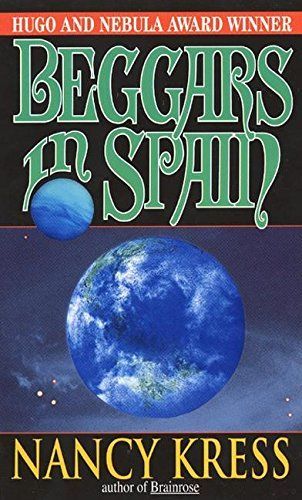
Beggars in Spain
Born in 2008, Leisha Camden is beautiful, extraordinarily intelligent . . . and one of an ever-growing number of human beings who have been genetically modified to never require sleep. Once she and "her kind" were considered interesting anomalies. Now they are outcasts -- victims of blind hatred, political repression and shocking mob violence meant to drive the "Sleepless" from human society . . . and, ultimately, from the Earth itself. But Leisha Camden has chosen to remain behind in a world that envies and fears her "gift" -- a world marked for destruction in a devastating conspiracy of freedom . . . and revenge.
Reviews
Gavin@gl
Paige Green@popthebutterfly
Claudiu@claudiu
Shape Mismatch@shape_mismatch
Vladimir@vkosmosa
Janice Hopper@archergal
Christine LuBean@bananasplitlady
Ashlyn@demonxore
Alexandria Wilkie@sandrylene
Joe Woods@woods